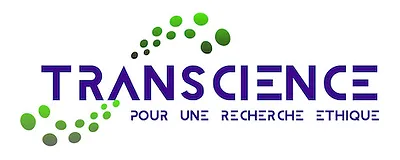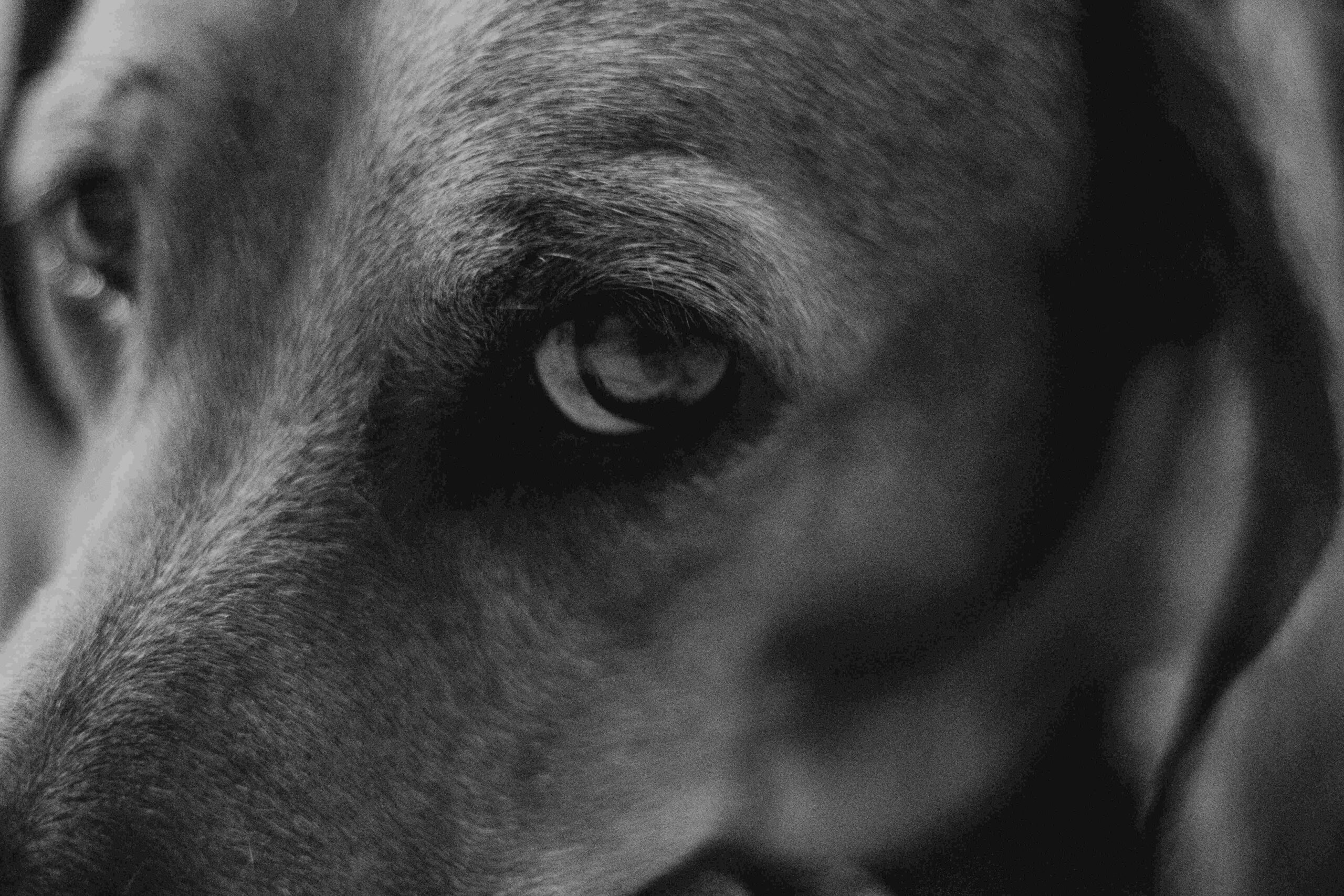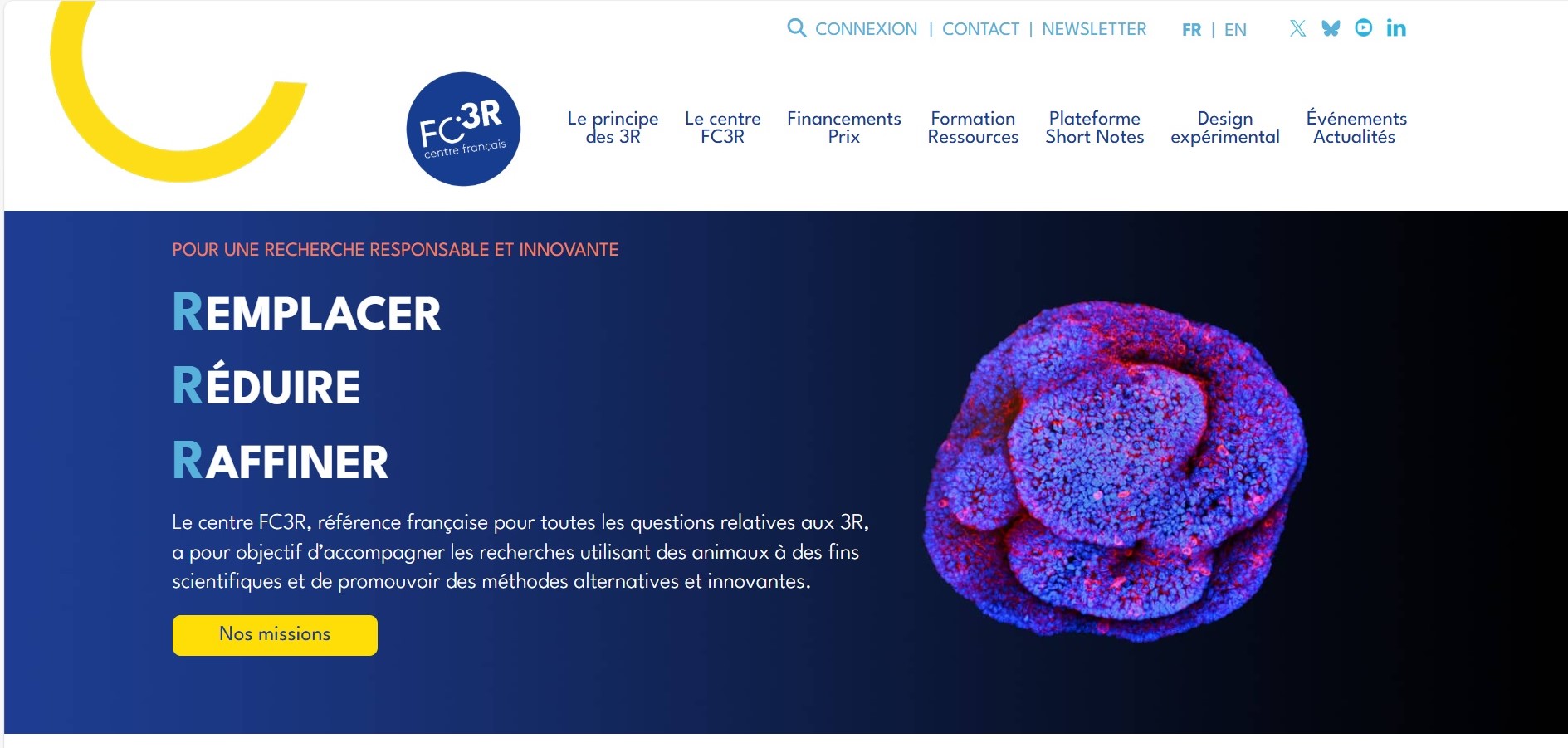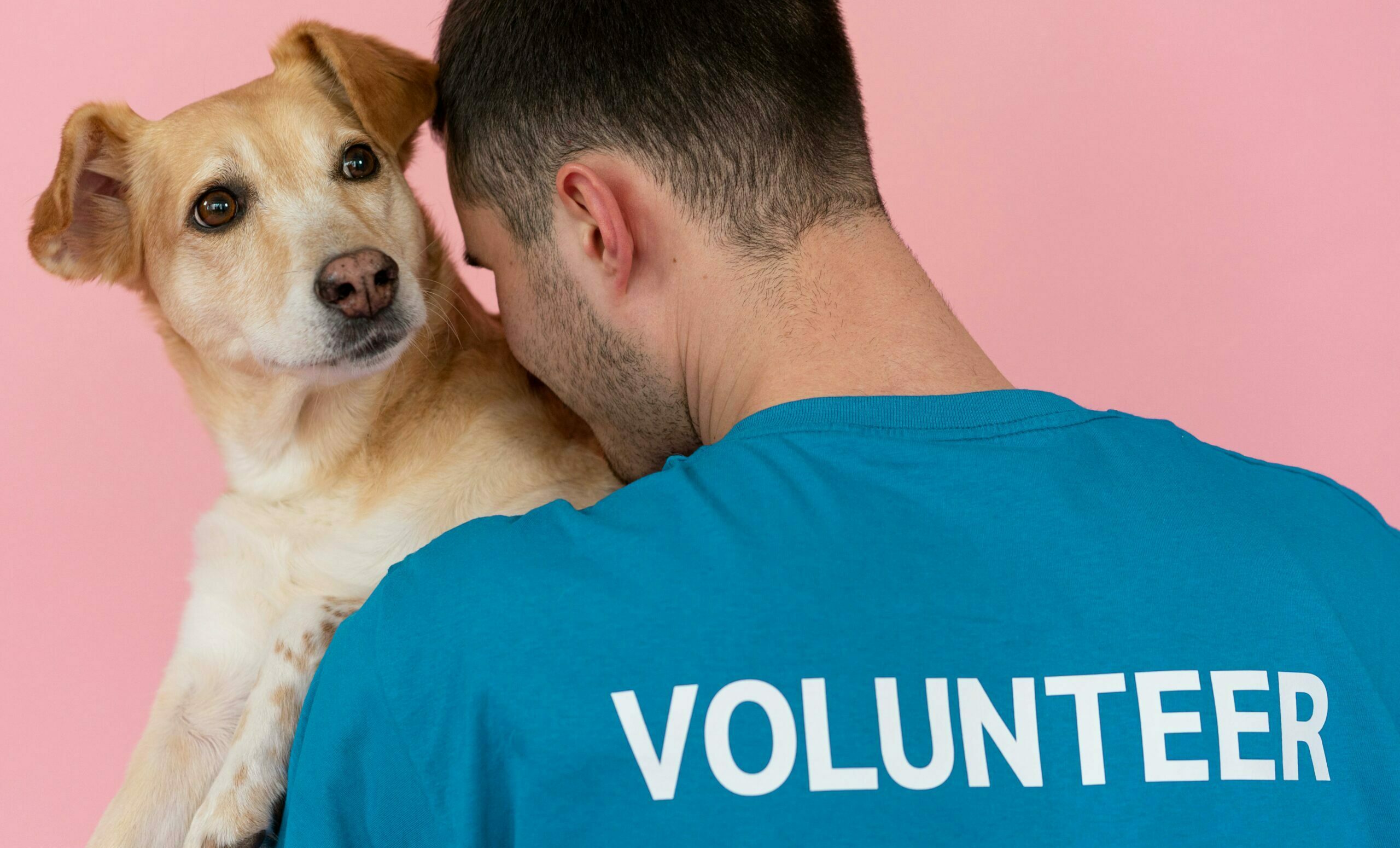The National Committee for ethical reflection on animal experimentation (“Comité national de réflexion éthique sur l’expérimentation animale” – CNREEA) is a consultative committee created in 2005. Its operation and missions are defined by articles R.214-134 to 136 of the French Rural and Maritime Fishing Code. Placed under the auspices of the National Commission for protection of animals used for scientific purposes (CNPAfis/ex CNEA), its mission is to issue opinions on ethical issues raised by animal experimentation.
The committee is made up of a chairman and 12 members (with the same number of alternates) appointed by order of the Minister of Higher Education and Research: four animal experimentation professionals chosen from the public sector, two other animal experimentation professionals proposed by organizations representing the private industrial sector, three members from the human sciences (philosopher, jurist, sociologist), and three personalities appointed on the proposal of recognized public interest organizations for the protection of animals and wildlife.
It meets at least twice a year.
It should be pointed out that this national committee was dormant until 2020. In fact, there are no reports or activity reports prior to that year.
Current composition of the CNREEA : Arrêté du 8 novembre 2024 portant nomination au Comité national de réflexion éthique sur l’expérimentation animale – Légifrance
CNREEA’s missions include :
- Draw up, publish and update as necessary a national charter on the ethics of animal experimentation, and make proposals for its implementation (two versions of the charter have been published to date, one in 2008 and the second in 2014).
- Develop and update a best practice guide for the operation of ethics committees in animal experimentation.
- Draw up an annual national report on the activities of ethics committees and make recommendations to improve their practices.
- Send the National Commission for protection of animals used for scientific purposes any recommendations for methods likely to improve the welfare of animals used for experimental or other scientific purposes.
One of CNREEA’s main missions remains the production of annual reports on animal experimentation ethics committees (CEEA). Only reports for the years 2021, 2022 and 2023 are available (as mentioned above, the committee was virtually inactive between 2005 and 2020).
Access to CEEA balance sheets (in French) :
Since 2020, CNREEA has also been producing regular recommendations for the CNPAfis. These are available on the website of the French Ministry of Higher Education and Research (along with meeting minutes): click here
Access to some of these recommendations (in French) :
– Opinion on the retrospective assessment of projects involving animals for scientific purposes
– Opinion on project evaluation involving animals for scientific purposes
– Recommendation on training for members of animal-testing ethics committees-december-2023.pdf
OBSERVATIONS
We can only rejoice at the resumption of CNREEA’s activities in 2020. This can be as much attributed to the determination of the organization’s new president to “get things moving” as to the effects of the first legal actions brought by associations – including Transcience – before the administrative courts against the inaction and lack of transparency of the Ministry of Higher Education and Research.
While committee reports provide some interesting information on the heterogeneity of their operations and resources, as well as on the obvious problems of independence for a number of them, much information is lacking. The survey form should include more open-ended questions, allowing for freer expression, but above all it should include new questions relating to replacement methods (skills within the committee, use of experts, specific training on these methods, etc.).
Recommendations to CNPAfis are always expressed with great restraint. The desire to create a consensus is apparent, and this is always to the detriment of the animals’ interests.
As for the drafting and updating of guides for ethics committee members, these have been entrusted to a working group of Gircor (a pro-animal experimentation lobbying organization) at the request of the Ministry of Research itself. CNREEA’s role is limited to making recommendations…
In fact, CNREEA’s missions, as defined in the regulations, do not open the way to a genuine debate on the ethical issues raised by animal experimentation. Moreover, the current composition of this organization, which gives pride of place to animal experimentation professionals – who represent half of its members – clearly reflects the public authorities’ desire not to question this practice from an ethical point of view, but only to make marginal improvements.
For CNREEA to be able to carry out real ethical reflection (as its title suggests) and make disruptive recommendations to the public authorities, its composition needs to be rethought.
In order to address fundamental issues such as the commodification of animals used for scientific and educational purposes, sensitive living beings reduced to the status of “research material” or “living organisms”, CNREEA should include specialists in animal ethics and social psychology, veterinary algologists, ethologists, representatives of civil society and patient associations, as well as researchers who have developed non-animal methods.
To find out more on the subject, we recommend you visit this page on the “expérimentation-animale.info” website: Recommended content on animal experimentation.




